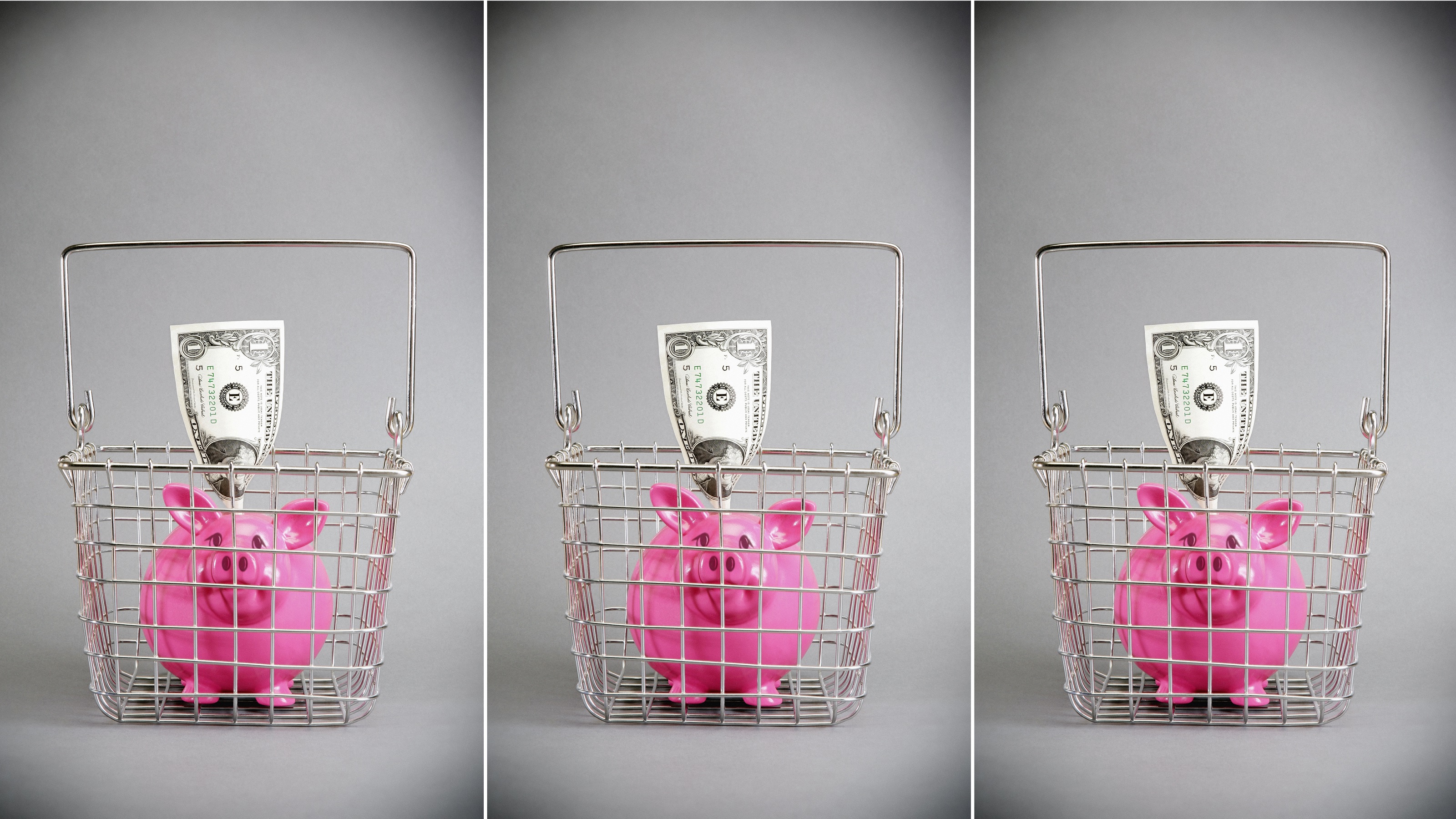
Let’s say that your retirement is now around the corner. You’ve heard theories on what you should do in retirement. You have saved and saved and now … You have to make a change and start spending.
Dick Van Dyke has been quoted as saying, “I found out retirement means playing golf, or I don’t know what it means. But to me, retirement means doing what you have fun doing.”
This is a mindset shift that may be helpful for those who are uncertain about the future. As you focus on retirement, think about retiring to something, not retiring from something.
Many people do the right thing by planning for their retirement well ahead of time. But when they think of having to start using their retirement money, nagging questions persist because there are some uncertainties in retirement, such as inflation, tax rates, market volatility and health issues. Am I going to have enough money to retire? Am I going to outlive my assets?
Whenever you start considering those questions, it makes sense to start making a plan. I suggest that you put together three different baskets for your retirement money.
1. Cash basket
This basket is for short-term needs — for the unplanned expenses, which often feel like they hit at the worst times. At a minimum, it’s prudent to have three to six months of living expenses available in case of emergencies, such as car repairs, a broken appliance, leaky roof, etc.
Building a sizable cash basket or emergency fund well before retirement is a must, allowing you to handle these bad breaks without dipping into retirement savings or taking out loans. Maintaining an emergency fund in retirement is just as important.
One vehicle you can use as a cash basket is a savings account. Ideally, this account would be linked to your checking account. The money should be kept safe and liquid so it is readily available, and it should be tapped only for true emergencies.
Get in the habit of replenishing the account if you draw on the funds. You can also utilize a certificate of deposit (CD). You will incur penalties for taking the money out before the CD matures, but the penalty will not take away from the principal amount deposited. You will receive a much better interest rate and usually come out on top even if you do need to take the funds out early.
2. Income basket
With people generally living longer, you’re possibly going to have at least 15 to 20 years of retirement. The income basket is where you want to have guaranteed, stable income when you’re no longer drawing a paycheck. It is important to have clear goals in place when setting up your income basket. I had grandparents who retired and traveled the world. I also had a grandparent who worked part-time to get out of the house. Your plan will look very different if you are going to travel or engage in other activities that are greatly affected by inflation.
If you want to participate in activities where costs are volatile, you are going to need to look at income options that will give you more flexibility. For example, you may want to consider a bond mutual fund portfolio, short-term government bonds and variable annuities.
If you are planning on spending your retirement on things that are more controlled with lower costs, you can utilize income options with less flexibility. For example, you may want to consider long-term government bonds, high-grade bonds and fixed annuities.
It is important to have a runway in the income bucket of six to 10 years, thus allowing time for the growth bucket to recover in the event of an extended bear market.
3. Growth basket
Once you have figured out what you are going to need to live out your retirement, you can focus on getting a higher rate of return on the remaining funds. When you know your income is taken care of, you can afford to take a risk with some assets. For example, you may want to consider investing in individual stocks, equity/stock mutual funds and international investments. The key to success in the stock market is not selling when things start to drop. Knowing your income is secure makes it easier to stay invested and allows for your growth basket to recover.
Retirement means doing what you have fun doing. That’s hard to do if you’re frequently worried about having enough money. For many people, that’s their biggest retirement concern. Like the old saying goes, don’t put all your eggs in one basket. Actively planning and proportioning money in these three baskets can help alleviate those financial concerns.
Dan Dunkin contributed to this article.
The appearances in Kiplinger were obtained through a PR program. The columnist received assistance from a public relations firm in preparing this piece for submission to Kiplinger.com. Kiplinger was not compensated in any way.







